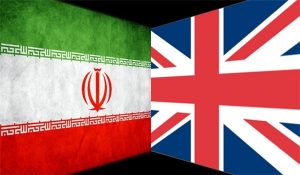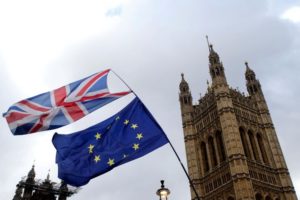The British Conservative Government’s Political Elite, and the European Union: Safeguarding British Interests (With Special Reference to: 2010 – 2016)
Consequently, London wanted to reduce various pressures on its economy, which were stemmed from the European Union, and this meant in 2015-16 renegotiating the European Union’s in Britain’s view out of date, rules, and regulations. In addition to this Britain had difficulty, and disagreement with the European Union over the budget payment, since the UK, viewed the issue was tightly related to the European Union Commission.44 Now, the British Conservative Government’s political elite, in order to subside the Party grass-root’s disillusionment, and maintain British economic interests, made an election promise. ‘Should the Conservative Party win the election of 2016, the issue of EU membership will be put into a referendum’. Therefore, Brexit was a purely domestic political issue, and not a reality that the Conservative were hoping for. Since they, themselves, as this article has showed were the original innovator of co-operation with Europe to maintain British economic interests.
As was mentioned above in this article new developments in Europe, and further beyond forced Britain to seek new deals in the European Union,45 which led to the gamble of referendum on 23rd June, 2016. Herman Van Rompuy, the ex-European Union chief on June 2012 submitted a report to the European Union Council, which was directly connected to financial integration of the European Union. In other words, there was a suggestion in that report, that there should be a unified banking system in the European Union, and consequently a monitoring mechanism in a centralised banking system in the European Union should evolve. The detail of the report caused great concern for the United Kingdom. Since the United Kingdom did not wish to going in any form of a unified financial system let alone the EU’s banking system. Britain always prides itself in its independence in banking system of the City of London. One of the main financial capitals of the world. Britain felt she was being put in a corner. Britain was against a centralised banking and financial system.46 Britain’s position was that, she was not part of Euro-zone, and therefore, the matter should not concern her.47
Thus, the British Conservative government’s political elite deemed expedient to head the issue for a referendum under a “British Exit” form the European Union, which eventually took place on June 23rd, 2016.
Pages: 1 2 3 4 5 6 7 8 9 10 11 12 13 14 15 16 17 18 19 20 21 22



